According to the Ministry of Industry and Trade , Vietnam currently has 17 FTAs, of which 15 have been implemented and two are completing the negotiation process. Looking at the FTA map, it can be seen that Vietnam is the only developing economy in the world that has such a number of FTAs with so many "big guys".
Green trade development opportunities
The FTA between Vietnam and the United Kingdom of Great Britain and Northern Ireland (UKVFTA), which officially took effect on May 1, 2021, has become an important driving force for bilateral trade. The extensive tariff reduction roadmap in this agreement has created a clear advantage for many strong products of the two countries to penetrate each other's markets. In 2022, total two-way trade turnover increased by 3.3% over the previous year.
In particular, many key export items of Vietnam to the UK have very high growth such as coffee increased by 61%; gemstones, precious metals and products increased by 56%; toys, sports equipment and parts increased by 59%; footwear of all kinds increased by 40%; textiles and garments increased by 36%;... Not only that, with commitments related to sustainable development, UKVFTA is also expected to be an important framework for cooperation activities on green and fair trade - an important development trend globally today to meet the requirements of sustainable development.
Deputy Minister of Industry and Trade Dang Hoang An said that green growth is an important development trend globally to meet the requirements of sustainable development. Not out of that vortex, Vietnam is also in the process of transformation to implement international commitments on sustainable development, energy saving and climate commitments. For businesses, this is an opportunity to create environmentally friendly goods and services, so that goods adapt to increasingly high standards related to environmental protection and climate change response.
Green growth is an important global development trend to meet the requirements of sustainable development.
The process of achieving carbon neutrality will shift the comparative advantage of exports from labour- and energy-intensive sectors to those that apply more advanced, greener technologies. Through the UKVFTA, Vietnamese businesses will have new opportunities in green trade with the UK, said Nguyen Canh Cuong, Vietnam Trade Counsellor to the UK.
That is the prospect of exporting household products and energy-saving equipment such as freezers, washing machines, light bulbs; exporting environmentally friendly products, products made from natural materials such as bamboo, rattan, insulation products made from recycled materials;... which are in great demand in the UK construction industry. In addition, organic foods grown without pesticides or chemicals are also very popular with British consumers while Vietnamese enterprises can meet the demand.
On the contrary, British businesses also have the opportunity to cooperate with Vietnamese businesses in "green" fields such as renewable energy, sustainable agriculture , environmental pollution treatment, green finance, etc.
According to the British Ambassador to Vietnam, Iain Frew, foreign investors, including British investors, are increasingly concerned about environmental and climate issues. Especially in the field of renewable energy, we want to encourage UK businesses to cooperate with Vietnamese partners to share knowledge and techniques on wind power, solar power, energy saving, etc. This will continue to be one of the pillars in the cooperation relationship between the UK and Vietnam in the future.
Establishing new collaborative platforms
With positive results from implementing FTAs, Vietnam is still proactively negotiating many new agreements, focusing on a number of markets that have not been able to penetrate deeply and strongly up to now.
In early April, Vietnam and Israel officially issued a statement on the conclusion of the FTA negotiations between the two sides (VIFTA) after seven years and 12 negotiation sessions. Israel is one of Vietnam's leading trade, investment and labor partners in the region, the third largest export market and the fifth largest trading partner of Vietnam in the West Asia region.
Minister of Industry and Trade Nguyen Hong Dien said that with a complementary economic structure and strong growth in two-way trade turnover, Vietnam and Israel will gain more benefits when incentives and advantages from VIFTA are effectively utilized. In 2022, the total import and export turnover between Vietnam and Israel will reach 2.2 billion USD, up 17.9% over the same period in 2021; of which, Vietnam's export turnover to Israel will reach 785.7 million USD and Vietnam's import turnover from Israel will reach 1.4 billion USD.
General Secretary of the Vietnam Association of Seafood Exporters and Producers (VASEP) Truong Dinh Hoe shared: Since the end of 2022 and especially in the first quarter of 2023, seafood exports have tended to stagnate and decrease sharply. Therefore, the recent completion of VIFTA negotiations is very meaningful for seafood businesses. Currently, in the seafood export structure, although Israel accounts for a small proportion, this is a very potential market because of its high purchasing power and payment ability.
In addition, Israel is a country without natural resources, limited domestic labor resources, although it is a small country, the consumer demand is quite large. Therefore, this market still has a lot of room for Vietnamese seafood enterprises to exploit effectively.
The FTA between Vietnam and the United Arab Emirates - UAE has just started negotiations after Vietnam completed domestic procedures. According to Head of the Vietnam Trade Office in the UAE Truong Xuan Trung, in recent years, economic and trade cooperation between Vietnam and the UAE has shown a positive growth trend.
Therefore, when an FTA between the two sides is signed, it will open a new phase of joint strategic cooperation in many fields between Vietnam and the UAE. In particular, the UAE's agricultural sector currently accounts for only 0.9%, and the industrial sector accounts for 49.8% (mainly crude oil exploitation and processing) in the economic structure. Therefore, the UAE is almost entirely dependent on imports of agricultural products, seafood, processed foods, textiles, footwear, machinery, equipment, tools, etc. to meet domestic demand.
However, this is also a very fierce market when Vietnamese enterprises have to compete directly with enterprises from some countries that have signed FTAs with the UAE such as India, Indonesia, Israel or Turkey, etc. To take advantage of the opportunity, Vietnamese enterprises need to apply advanced science and technology in production, change management methods, reduce intermediate costs to reduce product prices, and increase the competitiveness of products.
In addition, since the UAE is an Islamic country, Vietnamese businesses also need to learn about the culture and consumer needs of Muslims, and build a Halal certification system for food, beverage, cosmetics, Islamic fashion products, etc. when exporting to the UAE. The UAE is considered the financial and commercial center of the Middle East, an important gateway to bring Vietnamese goods to the Middle East, Africa and Europe.
In addition, the UAE has a strategic geographical location and a modern logistics system, which will facilitate Vietnamese goods to access and expand to the global market.
Source link



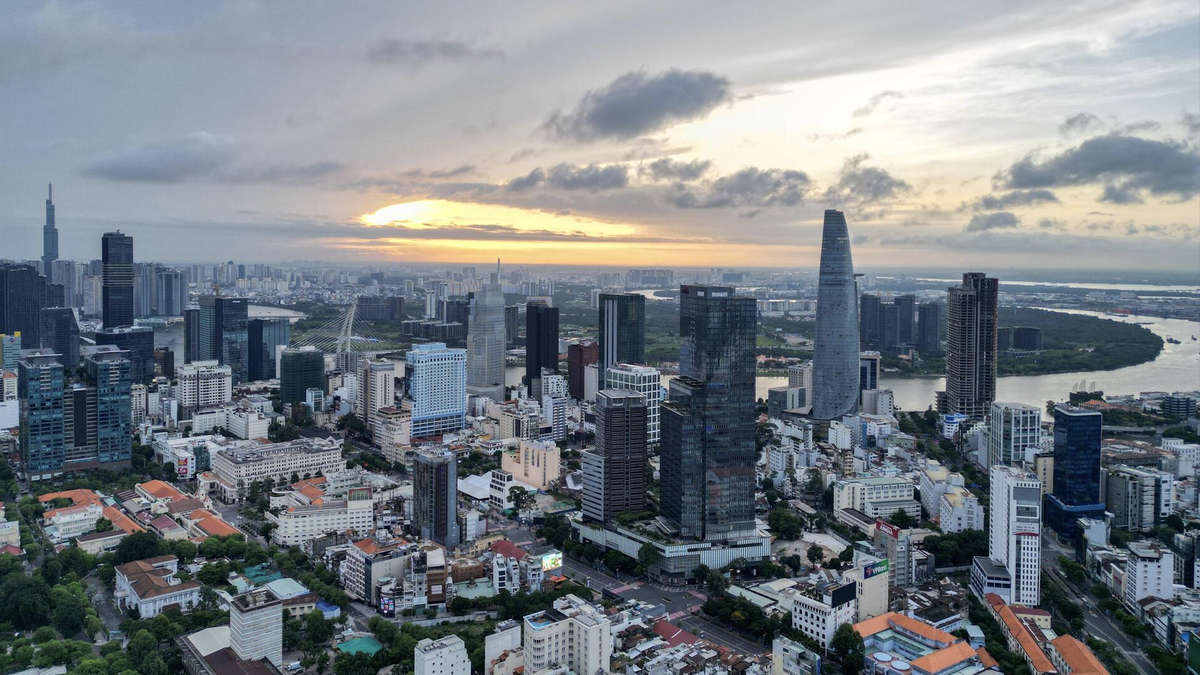

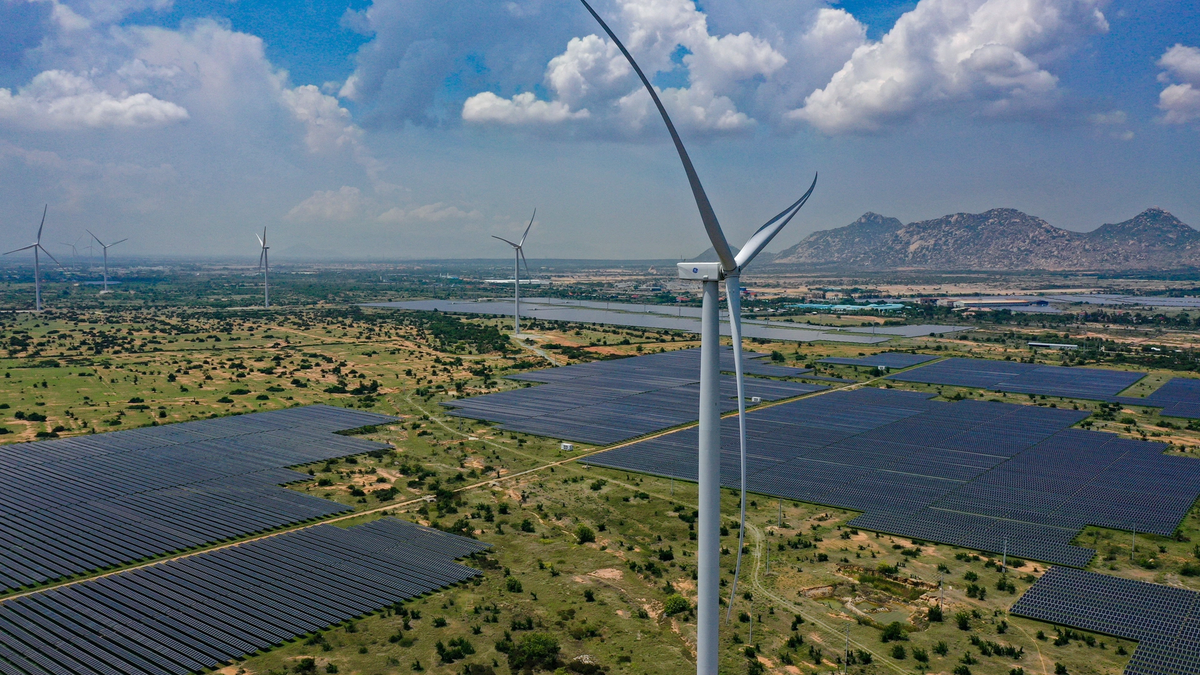

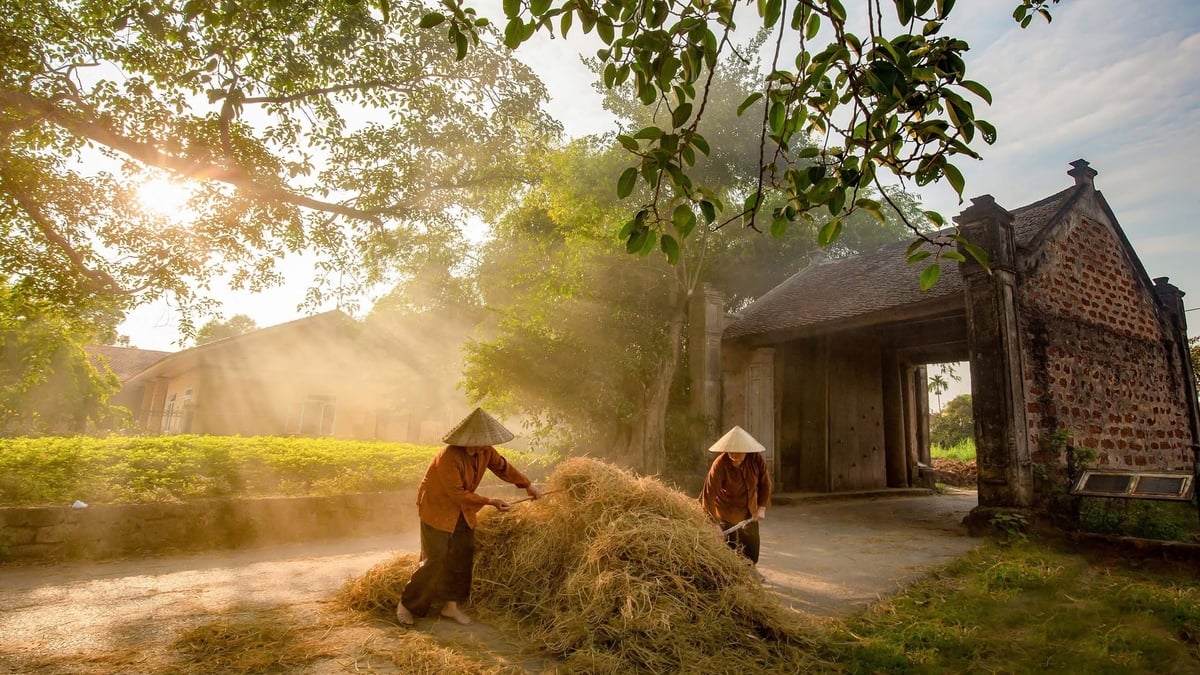
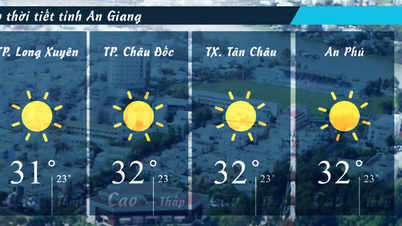
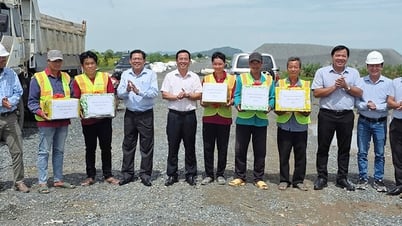

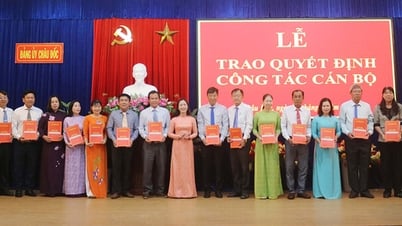
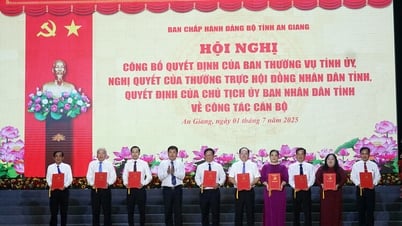
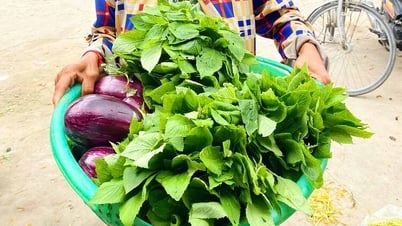




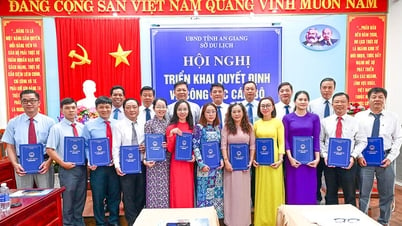
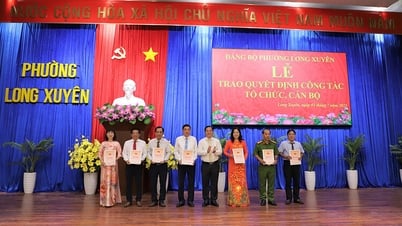


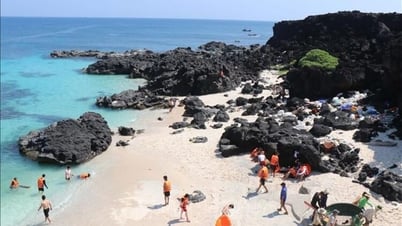
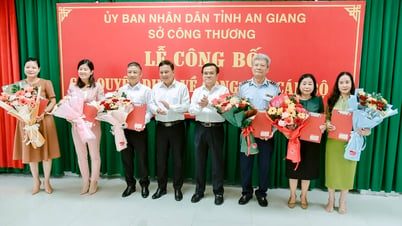
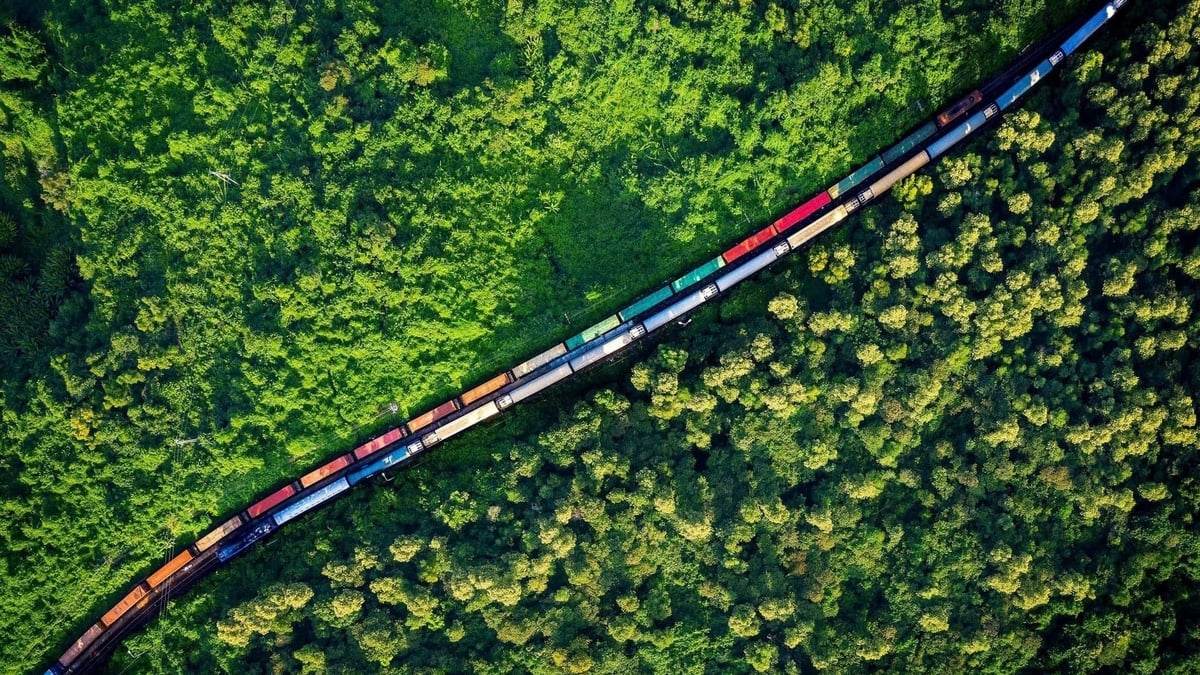
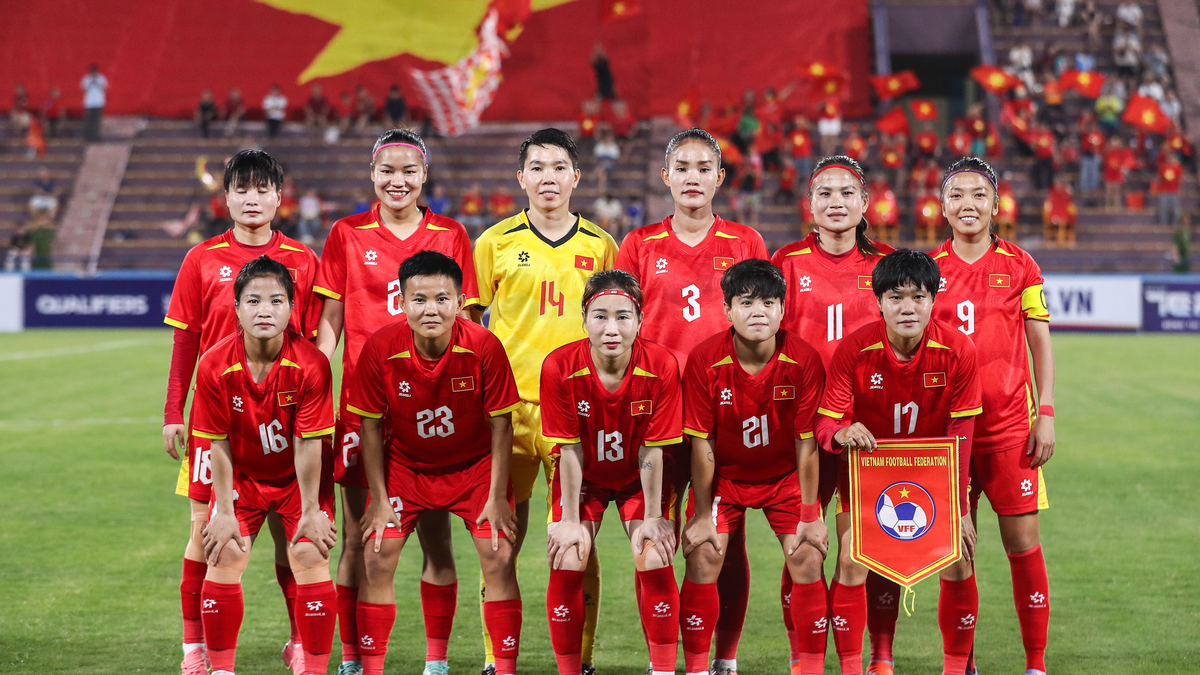




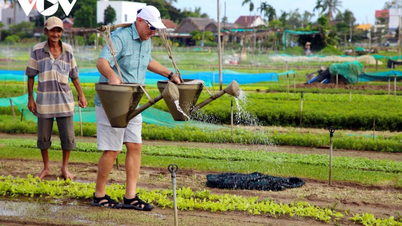

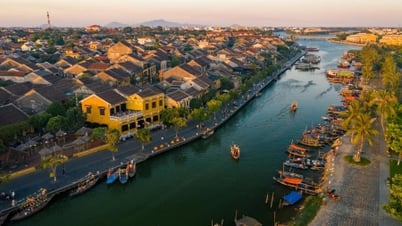



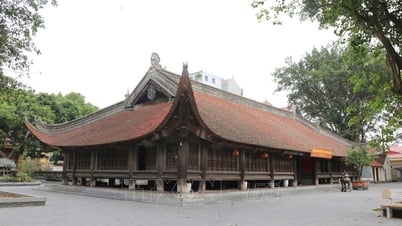







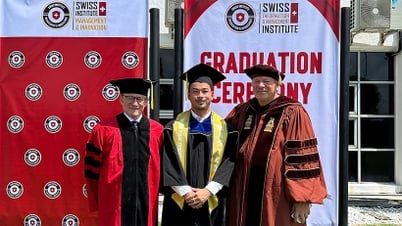




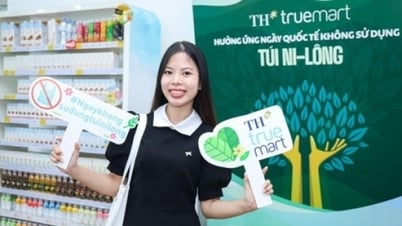
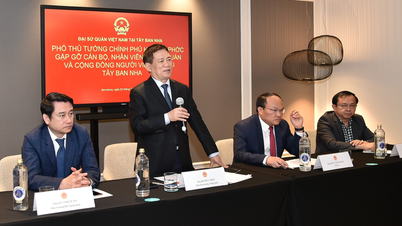



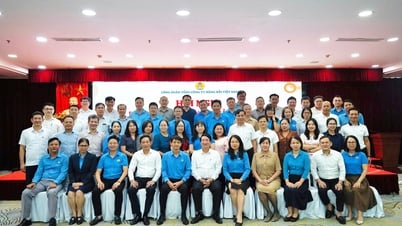
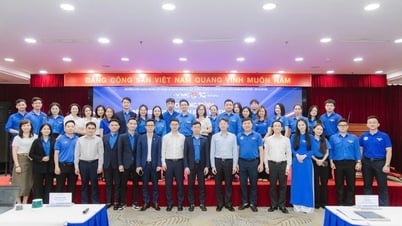
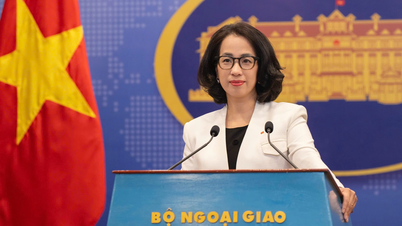

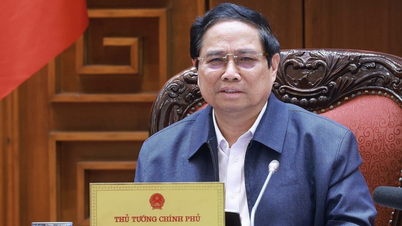








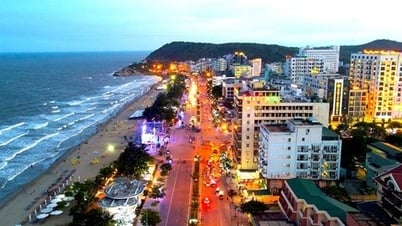

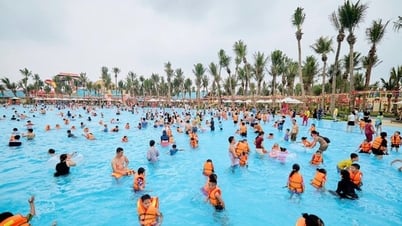

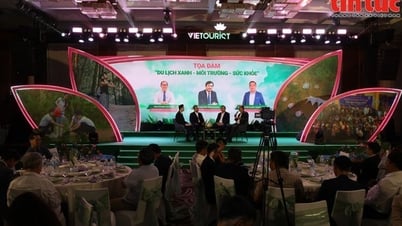
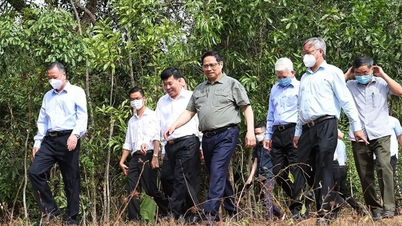

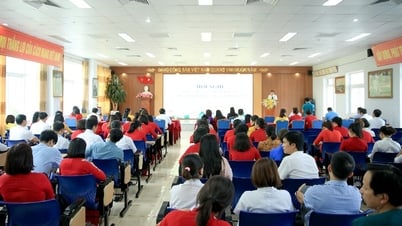

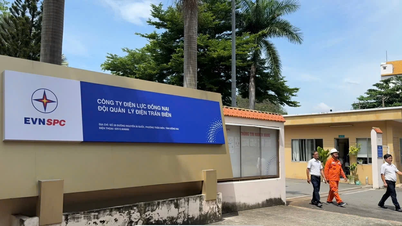



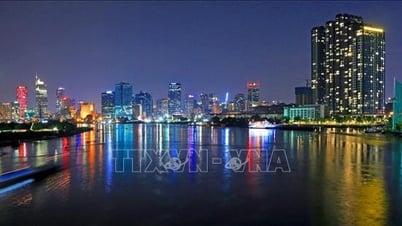



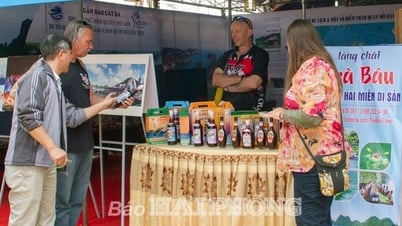

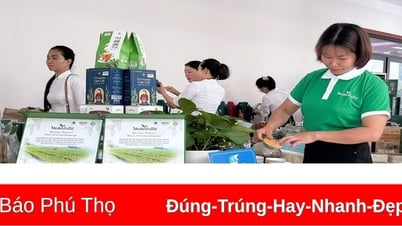

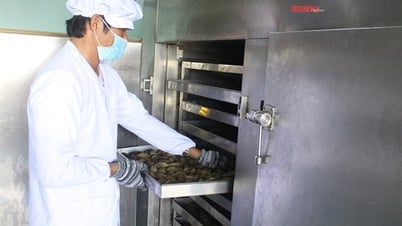

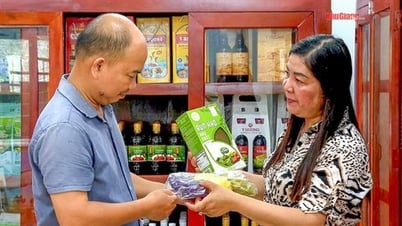
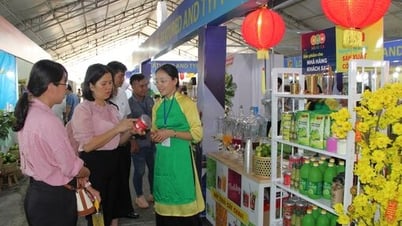

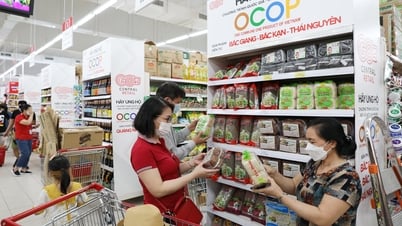



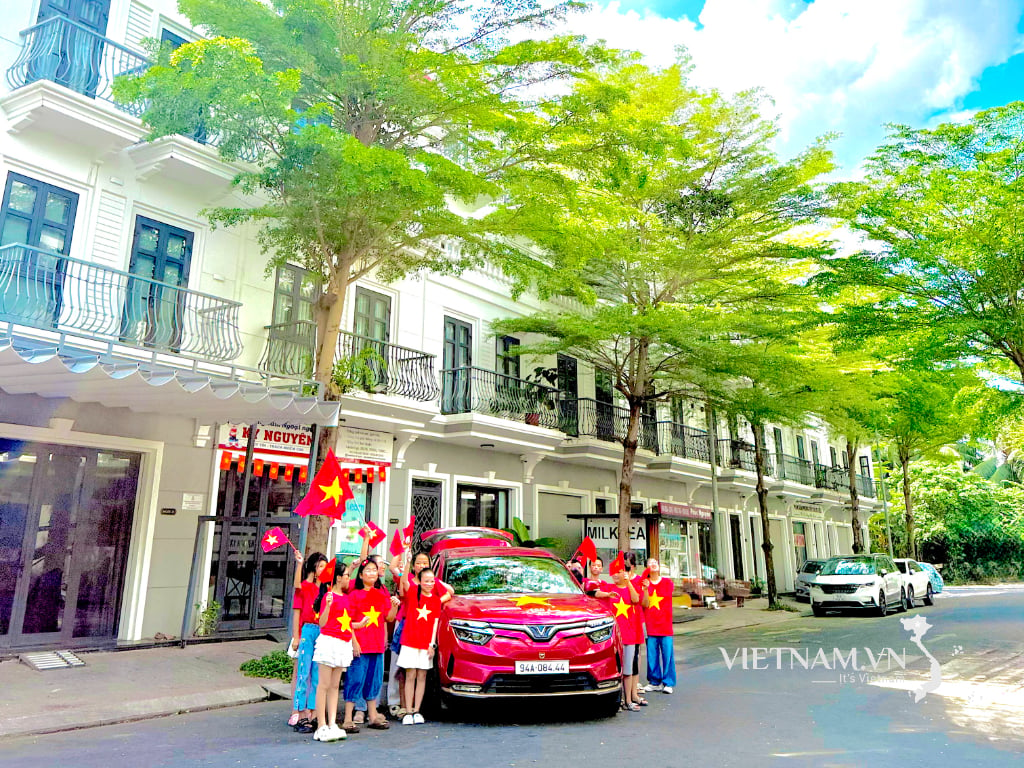

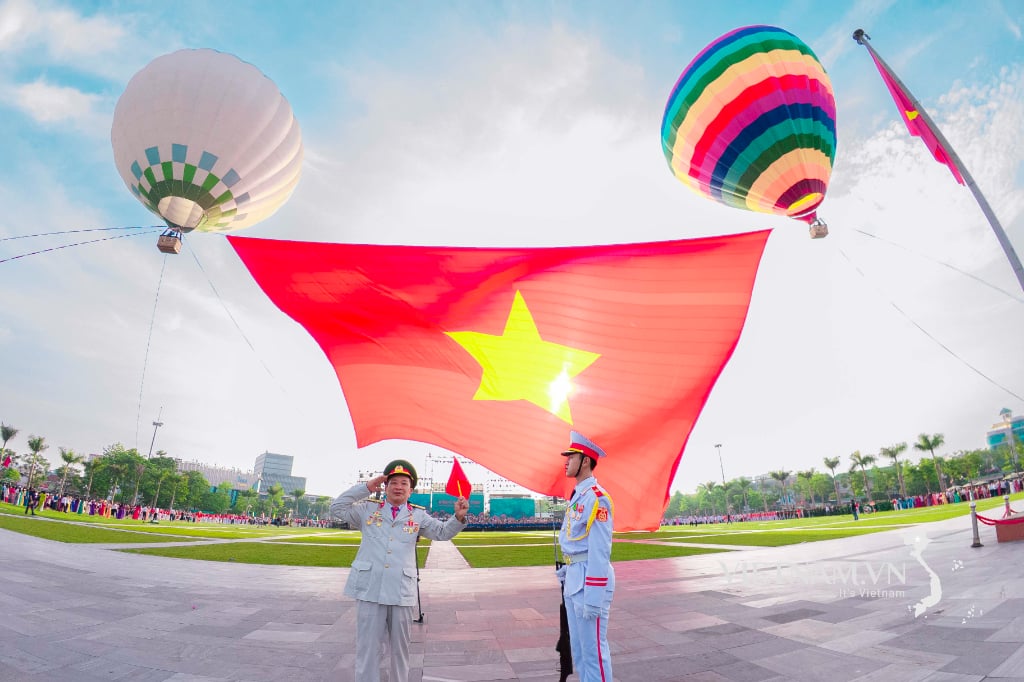
Comment (0)